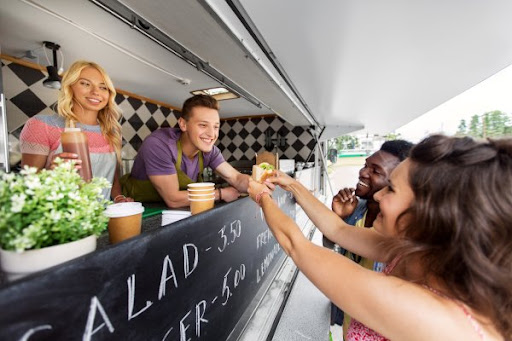Research in a variety of jurisdictions reveals that approximately one percent of filed civil cases reach trial, maybe less in some states.[1] Commentators note several likely causes: Loose discovery rules, stricter pleading, heightened summary judgment standards, and motion practice have reduced the “triable” issues.
But, of course, the time and expense needed to try a case is likely the main reason for the decline. Robust electronic discovery practices did not exist until recently; they are a contributing factor making cases more costly. From a marketplace perspective, consumers have concluded trials take too long and are too expensive while imposing too much risk.
Unless trials get quicker and a whole lot cheaper there is not going to be much appetite in the marketplace for them. I think of a jury trial like a Michelin-starred restaurant where it takes months to get a seat and you are guaranteed a hefty tab. Conversely, mediation is like the food truck of dispute resolution. Most folks really enjoy a good food truck, and they are far less expensive.
I suppose it would be disappointing as a trial lawyer to spend years training and readying oneself for the big role with all of the attendant spectacle and drama only never to see the curtain rise. I am not betting on trials as the preferred outcome in most cases based on any metric of health, wealth, or wisdom. But boy, are we lucky to have trials when you need them.
In truth, most clients don’t really want to go to trial. They want it over and done. So, if you are a lawyer skilled in performing the art of trial practice but no one except the artist really wants to see it, and few can afford, it stands to reason you are not going to get many gigs. Dispute resolution is not immune from market forces.
So, the prospect of increasing the number of civil jury trials in the U.S. seems remote. The good news is that we don’t need years of trial practice and procedural training to resolve disputes. We need folks who know how to bridge conflict, diffuse tension, and make creative and workable deals.
What if one major city, county or state made efforts to increase the rate of settlement and lower the frequency and duration of filed lawsuits and advertised it? Why wouldn’t that attract business and be a good message to send?
Why isn’t any government or business development agency seeking a territorial advantage in dispute resolution? And why isn’t the local chamber of commerce seeking policies to create a venue with a known advantage?
Imagine “Welcome to Keokuk, Iowa, home of friendly people and a good place for business because we don’t sue our neighbors and work out our differences.” It seems to me that a jurisdiction which champions settlement and respectful, low-stress dispute resolution would be a pretty attractive place to live and start a business.
Some cities are smart about supporting food trucks to build a sense of community and opportunity for small businesses. Who doesn’t love a good food truck which you can get to without much expense and no advance reservation? Governmental agencies should actively promote and foster mediation as the food truck of dispute resolution.
[1] See https://judicature.duke.edu/articles/going-going-but-not-quite-gone-trials-continue-to-decline-in-federal-and-state-courts-does-it-matter/.

